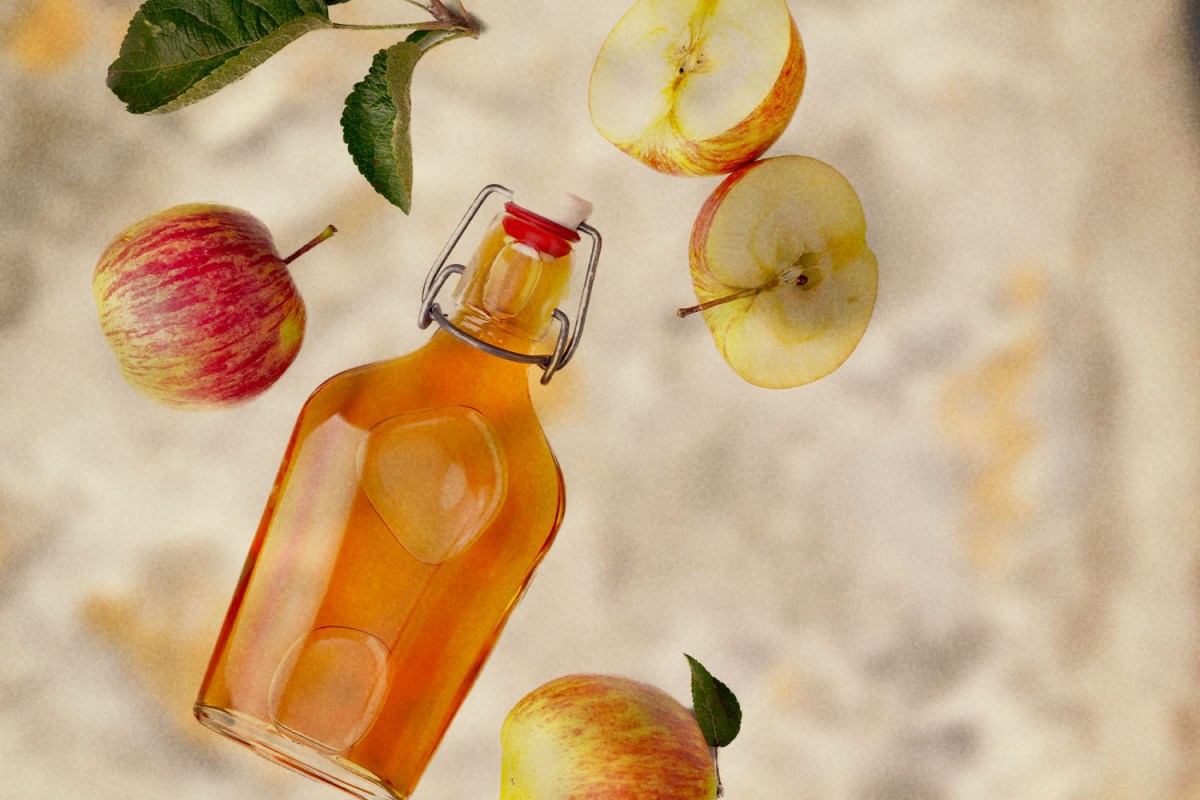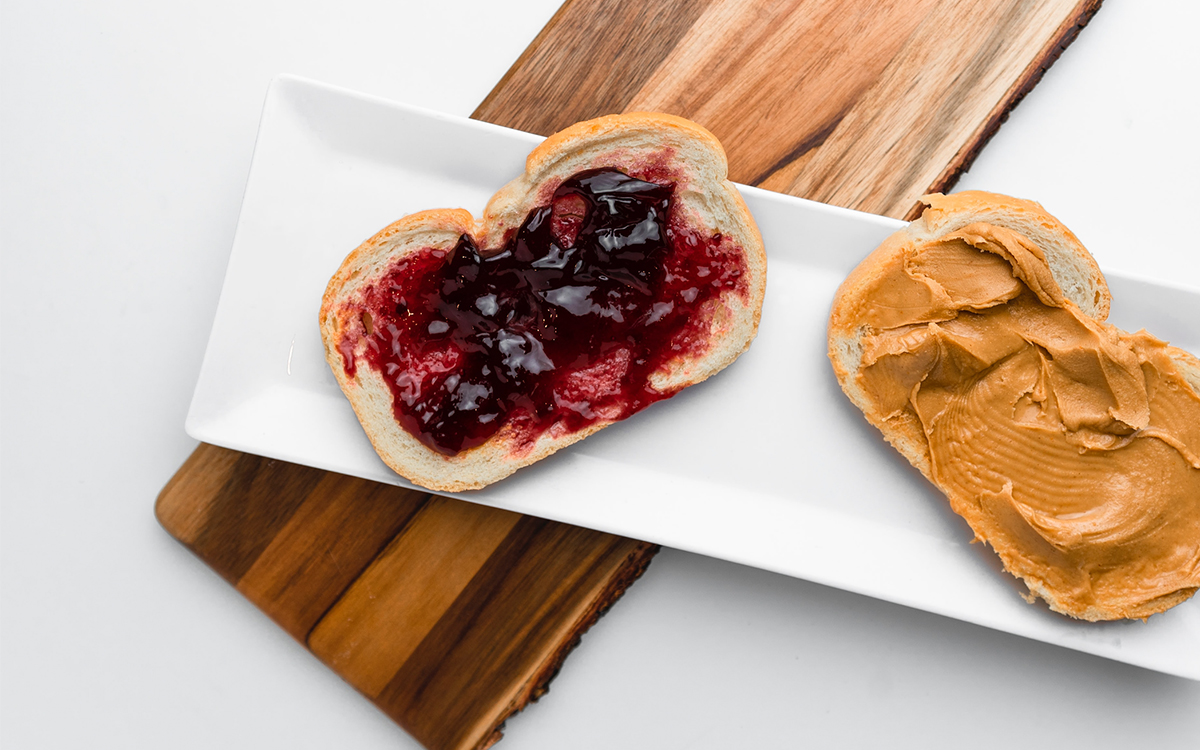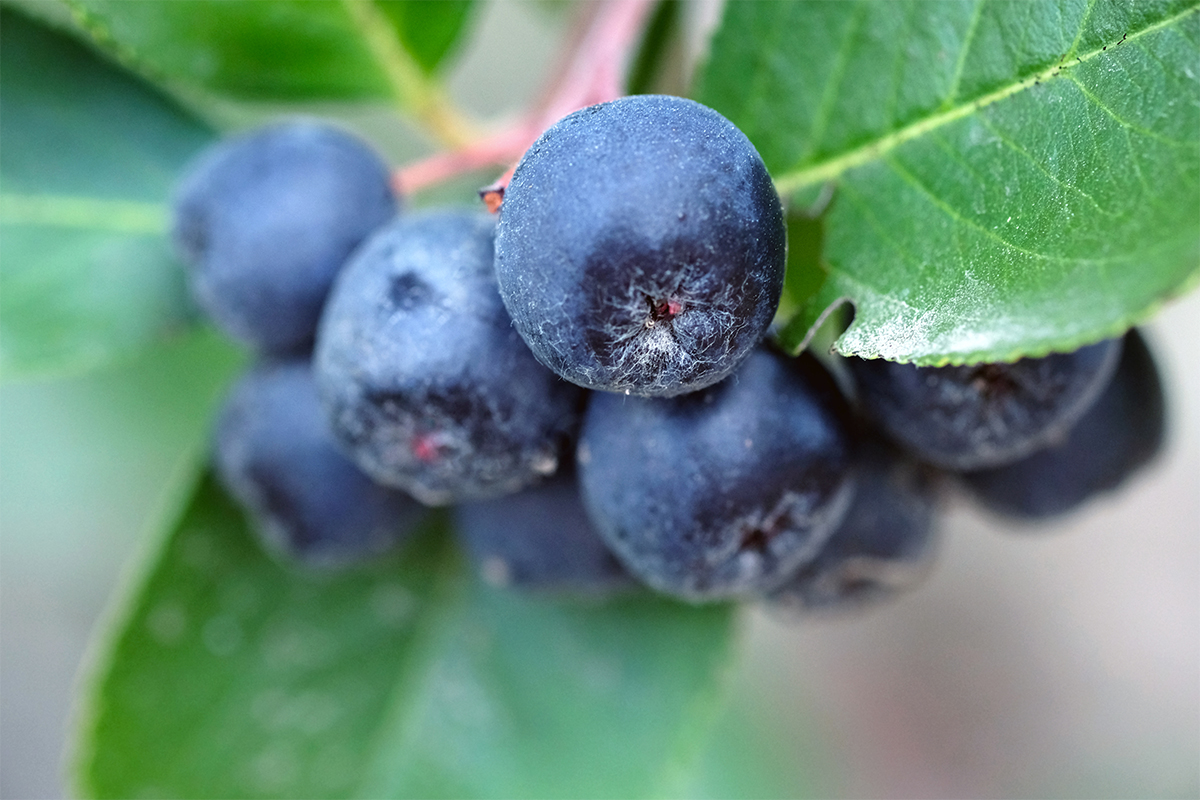By 2030, the market for apple cider vinegar is expected to reach $1.8 billion in annual revenue.
Demand is coming from all over the map — consumers use it as a disinfectant for kitchen counters, as itch-relief from bug bites and as an organic remedy for facial acne. Lately it’s being touted as some sort of magical cure-all by the online wellness crowd. Ever since apple cider vinegar got the gummy treatment (along with everything else last year), it’s become the preferred “afternoon pick-me-up” of fitspo bloggers.
One such writer recalled her dad taking daily ACV shooters when she was a kid. But it’s a little easier to get to all of those health benefits, she concluded, when all you have to do is eat a fruit snack.
What are the purported health benefits of ingesting apple cider vinegar? The usual claims are in play: weight loss, blood sugar regulation, digestive help and immune-boosting properties (the last of which might be why apple cider vinegar saw a massive spike in impressions at the height of the pandemic.)
If that all sounds too good to be true, that’s because it probably is. The science on apple cider vinegar is still mixed. Who knows where we’ll be by 2030, but for now, it’s unlikely to dramatically change your afternoon, let alone your life. Still, there are some legitimate positives to bringing it into your diet — plus one switch involving the ingredient, that could pay dividends throughout the year ahead.

Apple cider vinegar is the result of crushing, squeezing and fermenting apples. It reaches the vinegar stage thanks to acetic acid-forming bacteria, which A) make the liquid so sour and B) are responsible for the medical speculation that ACV is an obesity remedy. Acetic acids, according to Harvard Health, are known to “reduce absorption of starches and slow digestion.”
In other words: they can help you feel like you’re full, without eating or drinking much of anything. And apple cider vinegar only contains a paltry three calories per serving. A few different studies have looked to confirm the link between acetic acids, fullness and weight loss, producing some mild findings. The most promising research discovered that “vinegar intake reduces body fat mass and serum triglyceride levels in obese Japanese subjects.”
That said, the research is also nearly 13 years old. On average, its subjects lost 3.7 pounds over the course of three months, while taking two tablespoons of apple cider vinegar daily. Considering that heavier people are able to lose weight easier than others, when they intend to (they burn more calories thanks a higher metabolic rate), a pound a month isn’t extremely convincing. Meanwhile, other data sets in this field either involve too few people or too many rodents. (With so many other sustainable weight-loss methods, you ideally don’t want to pin your hopes on lab rats. Leave those tests for bigger biotech breakthroughs.)
If ACV might move the needle for anyone, it would be for diabetics. Avoiding refined carbs is obviously a difficult dietary assignment, and apple cider vinegar might lessen the impact of bread and bagels by improving insulin sensitivity and lowering blood sugar. Numerous studies have registered a positive glycaemic response when subjects mix apple cider vinegar intake with a high-carb meal. (Basically, five volunteers ate a boatload of Wonder Bread and responded better to it than expected.)
Still, that’s no reason to supplant your blood sugar medication with ACV shots or supplements. You’ll definitely want to talk to a doctor before switching up any day-to-day prescriptions.
One thing you should feel inclined to switch out, though? Your current go-to salad dressing, assuming you favor bottled sauces and vinaigrettes that are a minefield of sodium and added sugars you don’t need. Contrast the caloric value of ranch dressing (33), Thousand Island (73 calories) and mayonnaise (94) with ACV, which, again, stands at just three calories. Apple cider vinegar also drastically outperforms other vinaigrettes, like lemon herb, red wine and avocado oil, which generally come in between 50 and 70 calories per tablespoon.
That we have a collective tendency to turn salads into saturated fat soups isn’t exactly news. But it’s important to keep in mind, especially when it’s rare for us — or the professionals making our salads — to stick to the recommended serving size of two tablespoons, which is already a ton of flavor for a bowl of mixed greens.
Ultimately, if you’re a fan of the tang apple cider vinegar brings to a lunch, then that should be your entry-point. Either employ it as a substitute for something artery-clogging or, even simpler than that, just let it be an ingredient. Remove the expectations entirely. Use it when making honey garlic chicken, pan-seared salmon or even with sweet-and-sour beans. Check out a ton of recipes here.
Remember to remain skeptical of elixirs; if there really was one out there, everyone you know would already be using it by now. Modern parlance likes to call them “superfoods” — and it’s true, there are some super things about ingredients like apple cider vinegar. But apple bacteria can’t build a better you on its own.
Whether you’re looking to get into shape, or just get out of a funk, The Charge has got you covered. Sign up for our new wellness newsletter today.












